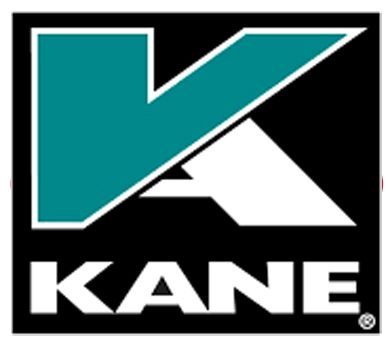Top tips to conserve heat in your home
Tips on conserving heat and saving money
Now is the time when gas engineers start getting rushed off their feet. The temperature's dipped and the heating needs to come on but something's wrong. The radiators are not getting warm. The boiler's making odd noises.
It's very easy for us to simply arrive at a customer's house to service, repair or replace a boiler and then carry on with our day. But there some simple yet highly effective tips you can share with your clients to help them conserve heat, save money and add value to the service you provide.
Here are some top tips you can pass on to your customers:
Service your boiler regularly
A well performing boiler is going to be far more effective and efficient than one that hasn't been looked after. An annual service provides you with the peace of mind that you are going into the colder months with a boiler that is up to the challenge.
Upgrade your boiler
This is not something anyone wants to consider but the inescapable truth is that all boilers will need to be replaced at some point. The last thing you want is to end up with no heat in the middle of winter. Replace/upgrade your boiler now before it becomes a massive problem.
Upgrade your controls
Technology has moved on massively and with it, your heating can now be controlled at the touch of a button, whether you're at home, in the office or on the other side of the world. You can make sure your house is warm for when you get home. You can turn your heating off when you don't need it, no matter where you are. This all means more control and better efficiency.
Evaluate your radiators
Are your radiators struggling to get as warm as they should? They may need bleeding to eradicate air or sediment.
In addition, if you don't already have thermostatic valves on your radiators, invest in them now. They don't cost much, but provide you with total control. You can choose which radiators to have on, and how warm they should be.
Keep certain doors open
No, we don't mean you should leave your front door open when it's freezing outside! However, leaving your bathroom door open when you run a bath or shower will allow the heat and steam to circulate and warm other parts of your house.
Plus, as long as it's safe to do so (perhaps not the best idea if you have an inquisitve toddler), you can leave the oven door open once you've cooked your food to let it continue warming your kitchen.
Invest in some draft excluders
A massive amount of heat can escape out of gaps and cracks in our homes' walls, as well as doors, windows and letter boxes. Luckily there are various products you can buy to seal a lot of these gaps.
Thermal window film can help reduce heat loss over the winter and is far less expensive than new windows. Draft excluders under the doors will also significantly reduce drafts. You can buy keyhole covers and brushes that will insulate letterboxes. Plus any gaps around pipes or cables (such as behind the washing machine) can be plugged up with newspaper or even old socks!
Add another layer to your curtains
Are your curtains lined? Even if they are, another layer of fabric will help insulate your home and keep the heat in. You can sew another, thick layer of fabric to your existing curtains or you may just be able to hang the extra material from the curtain rod. It's all about layers!
Is your chimney decorative?
You may have a lovely fireplace but if it's purely there for decorative purposes, it could be letting huge amounts of heat escape. A chimney balloon can be bought from most good DIY stores for around £20 and simply inflate inside your chimney to stop warm air escaping and prevent cold air from coming in.

























